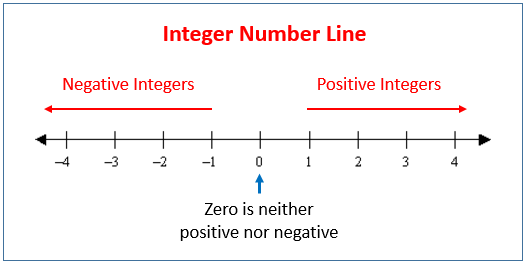
noun
- Mathematics. one of the positive or negative numbers 1, 2, 3, etc., or zero.Compare whole number.
- a complete entity.
noun
- any rational number that can be expressed as the sum or difference of a finite number of units, being a member of the set …–3, –2, –1, 0, 1, 2, 3…
- an individual entity or whole unit
“a whole number” (opposed to fraction), 1570s, from Latin integer (adj.) “whole, complete,” figuratively, “untainted, upright,” literally “untouched,” from in- “not” (see in- (1)) + root of tangere “to touch” (see tangent). The word was used earlier in English as an adjective meaning “whole, entire” (c.1500).
- A positive or negative whole number or zero. The numbers 4, -876, and 5,280 are all integers.
The whole numbers, plus their counterparts less than zero, and zero. The negative integers are those less than zero (–1, –2, –3, and so on); the positive integers are those greater than zero (1, 2, 3, and so on).
 Liberal Dictionary English Dictionary
Liberal Dictionary English Dictionary